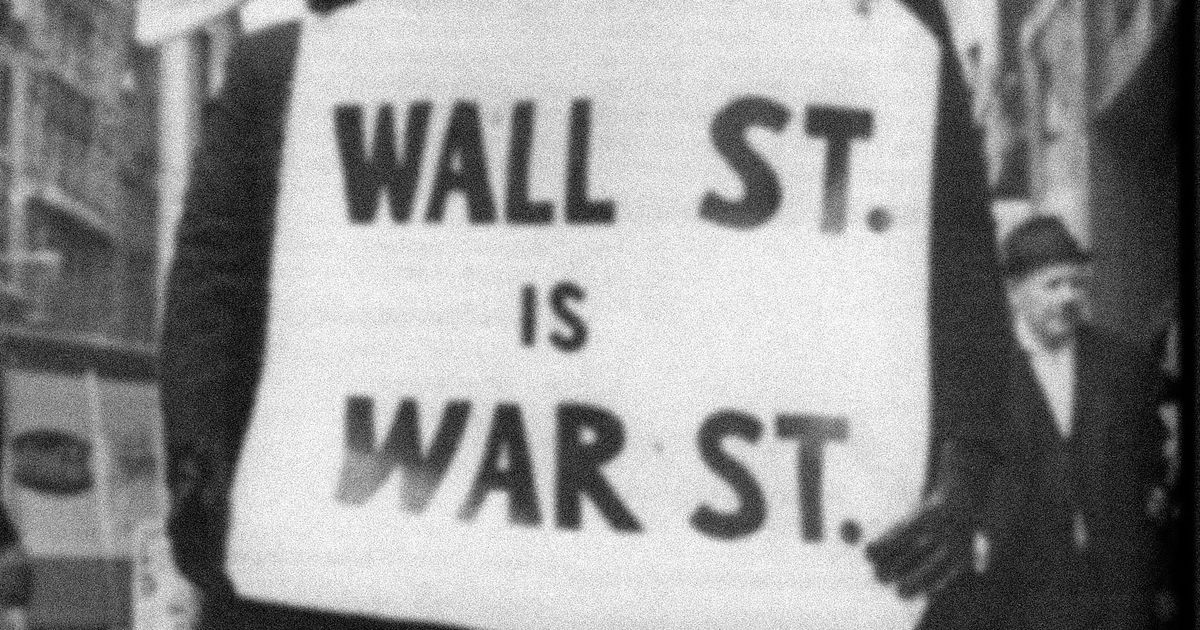The Naked Truth
Alan Pollack
Published on January 16, 2023

Our capital markets are under attack, not by terrorists or hostile foreign countries, but by brokerage firms, their hedge fund clients and large institutional investors who engage in Naked Short Selling. This trading strategy is a form of market manipulation that has destroyed companies, caused the loss of billions of dollars in pension, profit-sharing and savings accounts of working-class citizens, undermined the integrity and efficiency of our stock markets, and has placed billions of dollars of illegal profits in the pockets of these manipulators. This article will provide a general overview of how this trading strategy works and the impact it has had on our capital markets.
To understand how Naked Short Selling works, it is important to first understand how short selling works. Short sellers bet against the success of a company because, they only make money when stock prices decline and lose money when prices rise. Short sellers are therefore motivated to target and expose overvalued companies that are concealing accounting irregularities, product defects and management incompetence, or are subject to industry sector price fluctuations.
The mechanics of a lawful short sale are as follows: a Seller, who believes that the share price of a security will decline, locates shares or has a reasonable basis to believe that shares can be located, and thereafter borrows and sells these shares to a buyer. Typically, a brokerage firm will locate and lend these shares to a customer for a fee. If the market price of the shares declines after they are sold, the short seller will purchase in the open market, shares at the lower price, and deliver them to the lender to replace the shares that were originally borrowed and sold. The profit a short seller earns is the difference between the price it sold the borrowed shares at and the price it paid to repurchase the shares that are returned to the broker, net of borrowing costs and commissions paid to the broker. However, the risk to the Short Seller is that, if the share price of the security rises, rather than declines, the Seller must cover the loan by buying shares at a higher price than the cost at which the shares were originally sold.
While short selling is a legal trading strategy, Naked Short Selling is an unlawful trading strategy where short sellers do not locate or borrow shares and "fail to deliver" authorized shares to the buyer. Rather, "phantom" or "fake" shares are sold to an unsuspecting buyer, which are recorded by the buyer's broker as an "entitlement." This "entitlement" is the functional equivalent in the securities industry of an "IOU," which can remain unpaid for years and are unknown to the buyer.
In order to accommodate the naked short selling of their large institutional or hedge funds clients, brokers will falsely represent that shares can be located or offer to loan the same shares dozens of times to different clients. This practice creates phantom shares that are not authorized by the company and dilutes the value of shares that are authorized and issued by the company. When crooked brokers want to conceal their unlawful practices from regulators, they may take shares from other customer accounts to make external deliveries, thereby not creating a Fail to Deliver and having their unlawful conduct exposed to regulators. Even when dishonest brokers are caught red-handed by regulators, and fined, they consider such punishment as merely the cost of doing business.
Once the phantom or false shares are in circulation, there is nothing to stop a new round of naked shorting from occurring. Naked Short Selling schemes frequently target micro-cap companies that are traded over the counter and emerging companies that are traded on NASDAQ. These types of companies are particularly vulnerable to the downward pressure generated by unrelenting naked short selling that causes the company's share price to decline, until filing for bankruptcy is inevitable. Naked short-selling schemes that are perpetrated by sophisticated fraudsters, often involve negative articles about the target company being published or tweeted by anonymous writers which are intended to cause shareholders to sell their shares to limit their losses. As more shareholders sell, the trading profit of the short seller increases because excessive supply drives the price down. When a naked short-selling scheme causes a company to file a petition for bankruptcy, the naked short seller has won the "jackpot" because it is neither required to deliver the shares nor pay taxes on the profits. The payment of taxes only accrues when and if their position in the stock is closed, not if the company files for bankruptcy.
To place in context the magnitude of the naked short-selling problem in our capital markets: it is estimated by industry experts that there are trillions of phantom shares being circulated, that over 1,000 companies in the past ten years have been driven out of business by this practice and that in 2020 there was an average of 7.4 billion Fail to Deliver shares- daily!__
Alan M. Pollack is a partner in the New York City law firm of Warshaw Burstein, LLP. Mr. Pollack specializes in representing individual investors and corporations who have been defrauded in market manipulation schemes. This article is not intended as legal advice. If a reader believes that they have been victimized by a market manipulation scheme, they should consult with their own attorney for advice and guidance.